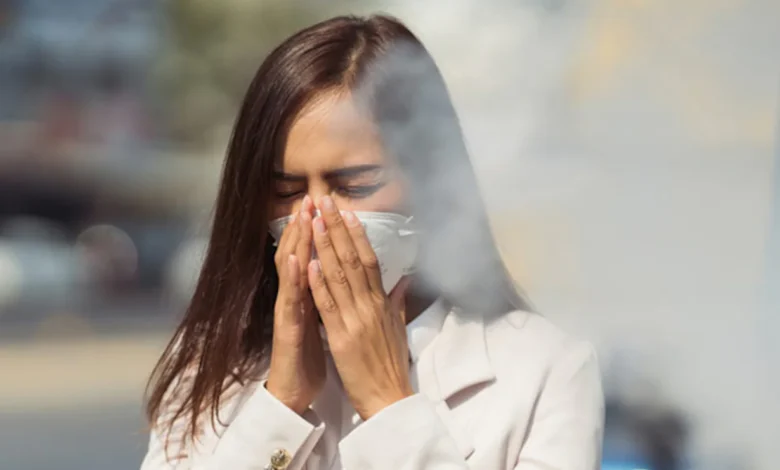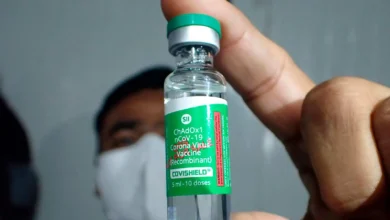With rise in air pollution, here’s how you can minimise the effects on your lungs
India ranked eighth in terms of air pollution, with a majority of the 15 most polluted cities worldwide being located within its borders

Air Pollution is a critical global issue which is significantly impacting human life and health with India being one of the most polluted countries in the world and having been the world’s most polluted country in the world often. According to a report by Swiss technology company IQAir, India, ranked eighth in terms of air pollution, with a majority of the 15 most polluted cities worldwide being located within its borders.
In 2020, India recorded PM2.5 levels at 56.2 μg/m3. However, within just one year, these levels surged to 58.7 μg/m3 in 2021, surpassing WHO guidelines by over tenfold. The effects of the rising PM 2.5 levels are profound and it is being said that an average Indian will lose almost 3.5 years of his life due to the rise in PM2.5 levels.
Our lungs are one of the most susceptible to air pollution and persistent exposure to microscopic particulate and elevated levels of PM2.5 has been associated with various lung conditions, including chronic obstructive pulmonary disease (COPD), asthma, and bronchitis. Moreover, it significantly heightens the likelihood of developing lung cancer. It should also be noted that air pollution not only affects those with pre-existing health conditions especially lung and respiratory conditions but also those who do not have any such conditions.
Therefore, it seems to be of great importance to minimise the impact of air pollution on one’s lung health and it can be done through several methods given below:
Air Quality Awareness: To safeguard your lung health, the initial step is to stay informed about air quality in your vicinity by using air quality monitoring apps and websites to track PM2.5 levels. Air Quality awareness enables individuals to make informed choices regarding outdoor activities and preventive actions.
Limit Outdoor Activities: During periods of poor air quality, especially on smoggy days or during high-pollution seasons, it’s advisable to restrict outdoor activities, especially strenuous exercise. If it is extremely necessary to go outside, then it is advisable to use a mask.
Indoor Air Quality: Make sure your living space is well-ventilated and consider using indoor plants known for their air-purifying qualities along with air-purifiers, if necessary.
Reduce Personal Emissions: Reducing your carbon footprint can contribute to overall air quality improvement and by adopting sustainable transportation practices, you not only protect your health but also contribute to a cleaner environment for everyone.
Advocate for Change: Join or support organisations and initiatives that work towards improving air quality and reducing pollution and advocate for stricter regulations and policies that limit industrial emissions and promote cleaner energy sources.
Healthier Lifestyle: Maintaining a healthy lifestyle can fortify lung health. This encompasses a balanced diet, consistent exercise, and abstaining from smoking, all of which enable your body to better combat the impacts of pollution.
Community Action: Collaborative community action with your community and local politicians is a potent force for change, as it not only spreads awareness but also exerts pressure on local authorities to take concrete steps towards cleaner air.
You might also be intersted in – Air pollution cannot be solved by means of smog towers: DPCC


